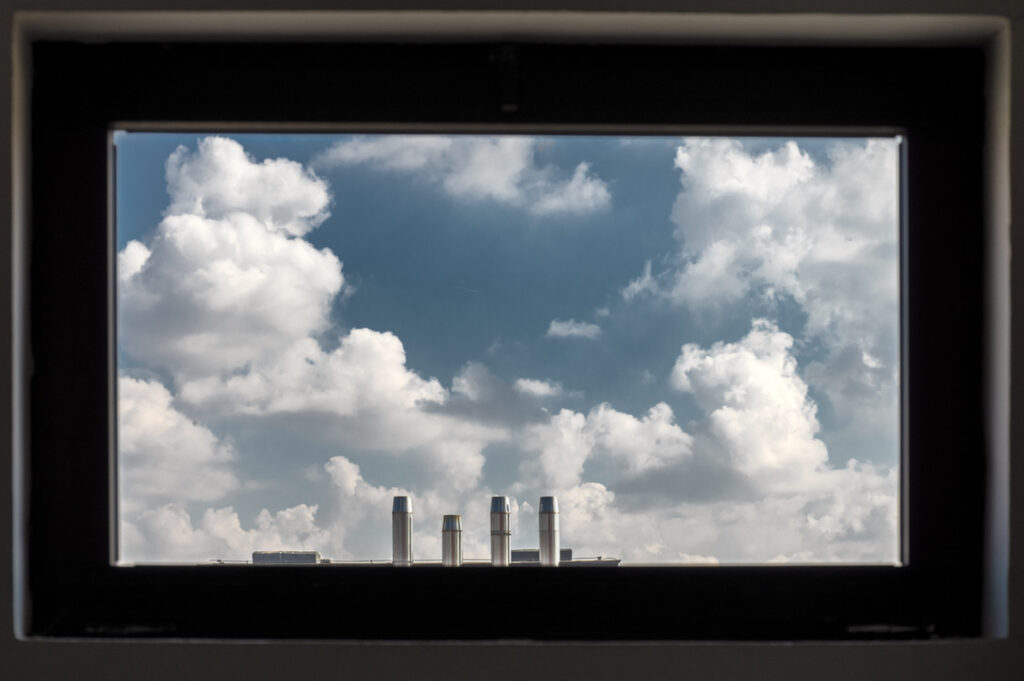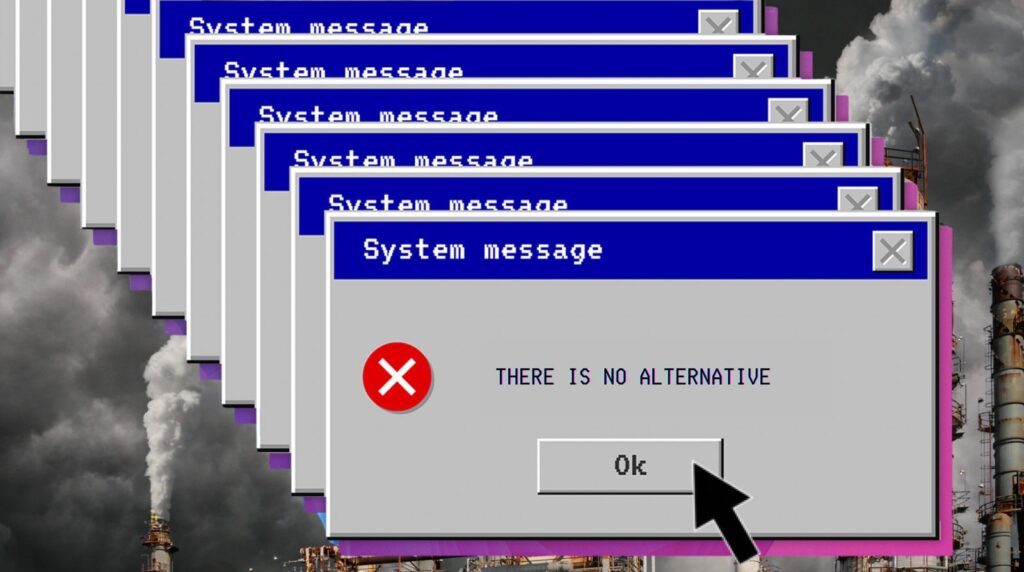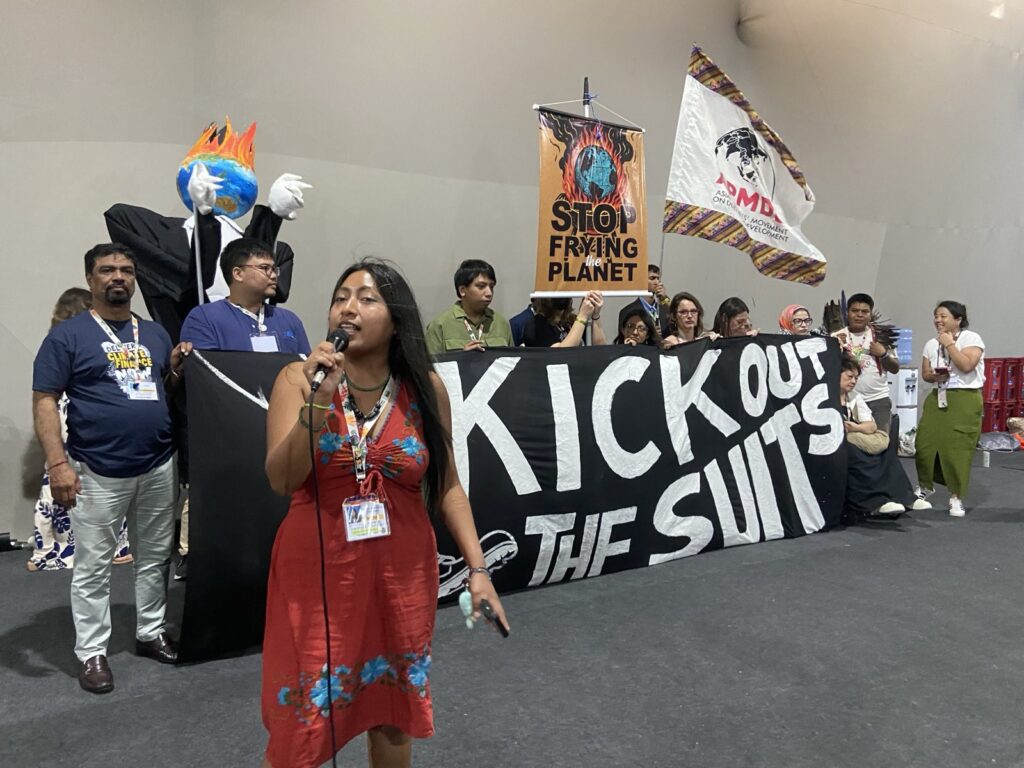Faith in UN climate conferences is at a new low. If we wanted a final straw, the appalling and yet somehow unsurprising revelation that the United Arab Emirates had planned to use its position as host of the latest annual gathering, known as COP28, as a platform for making new oil deals should suffice.
It might seem that there could be no more depressing state of affairs. But we believe the opposite: This is the most positive climate moment in years. Our institutions have already decisively failed us, and the sooner we realise it the better.
As it sinks in that the crucial 1.5C temperature goal of the Paris Agreement will certainly be missed, an incredible opportunity for progress emerges. The COP insiders who feel responsible for maintaining an artificial sense of suspense can relax and tell the truth: There will be no breakthrough agreement because delegates have never had the power to deliver one and never will, until most citizens in their home countries demand it. That might just be the spark we need to ignite democratic action at the scale needed.
COP has become one of those dramas so formulaic that each episode feels like a re-run. Viewers tune in because of the same dramatic tension, which is never released. Like a sitcom character’s hopeless search for love, this hope is resuscitated at the beginning of every episode — each November — before being dashed once again. We express exasperation every time COP reminds us that it is not the climate action process the world needs. Then we wait for the next episode.
Together the viewers (citizens) and actors (insiders) are allowing this predictable drama to run on into extra seasons nobody needs to see. Together we can end it by embracing the task of building democratic mandates for real systems change. Only this will allow the international agreements that systems change requires: incentives, taxes and regulation that encourage all businesses to be green.
Break Ranks
Make no mistake, the false drama of COP could run on for years more if we let it. We saw first-hand at COP26 in Glasgow where officials (“the actors”) in the Blue Zone reserved for negotiators still professed total belief that COP is climate action’s main event. The truly courageous thing for COP delegates to do is to break ranks and admit that the greatest power they actually have is to admit their own powerlessness to fix the climate.
The felt need to be positive at all costs is precisely what requires all of us to believe that the meagre powers given to COP can produce miracles. Not wanting to disappoint their audience’s hopes, delegates have felt compelled to pretend they can accomplish the impossible with a positive mental attitude.
The delegates at 2015 in Paris, COP’s most exciting episode, were able to agree to limit the rise in average global temperatures to “well below” 2C compared to pre-industrial times, while striving to limit them 1.5C. Nothing was agreed however, about what penalties would arise if pledges were not met (except that there would be no penalties). Many informed observers understood that this rendered Paris pledges ineffective, but thanks to the emphasis on maintaining a public veneer of optimism, calls for such realism were muted.
In order to produce real results, delegates would ultimately need the power to sign their nation up to agreements that create a level playing field for international business with real penalties for breaking the rules. This is what serious international treaties, such as those covering “free trade”, and successful environmental treaties such as the Montreal accords (which sorted the Ozone problem) do.

A Climate Majority
Like diplomats, business leaders have come to feel that it is their job to pretend that business can bring about a zero carbon future with just a positive mental attitude. This situation sustains its own variety of false dramatic tension: The audience waits to see what clever innovation entrepreneurs and inventors will create, rather than thinking about how they can exercise their own agency. But if all business needed to be green was a goal, hard work, and positivity, then the Paris treaty would have enabled sufficient climate action. Without innovative regulation, no country will ever find a way to meet its Paris commitments.
By failing to express the limits of their power, COP delegates, the business community, and all of us create an artificial suspense that makes COP somewhat compelling and even supplies audiences with a villain to hate: elites who allegedly have the power to fix dangerous climate change but just won’t use it. This suspense will be released when we realise that nobody has such power — and this hopeless COP is the time for such a shift. All of us must use our power as a democratic majority to put the focus of climate action where it really belongs: on driving governments to make the laws that will allow business to be done sustainably. Once governments are forced by the majority to take climate that seriously, and not before, transformation will become possible.
Liam Kavanagh and Rupert Read are Co-Directors of the Climate Majority Project.
The Climate Majority Project supports the silent majority of climate-concerned citizens to respond in meaningful, relevant ways to the climate and ecological emergency.
Subscribe to our newsletter
Stay up to date with DeSmog news and alerts





